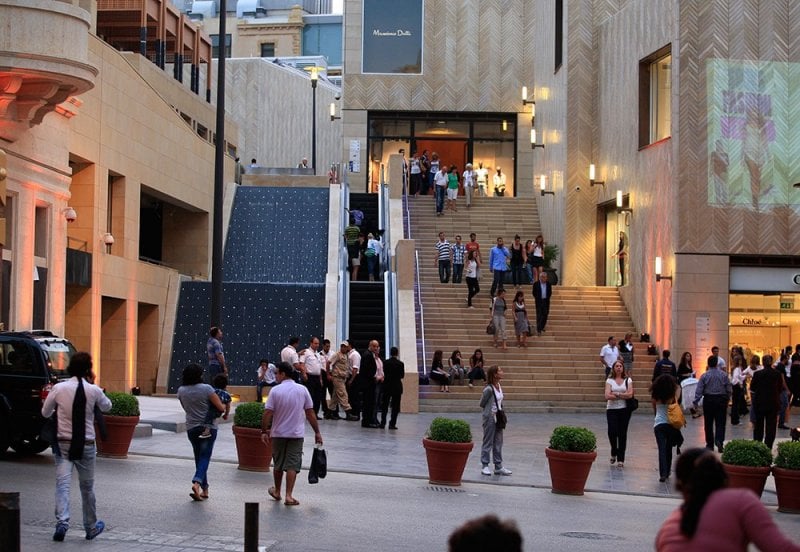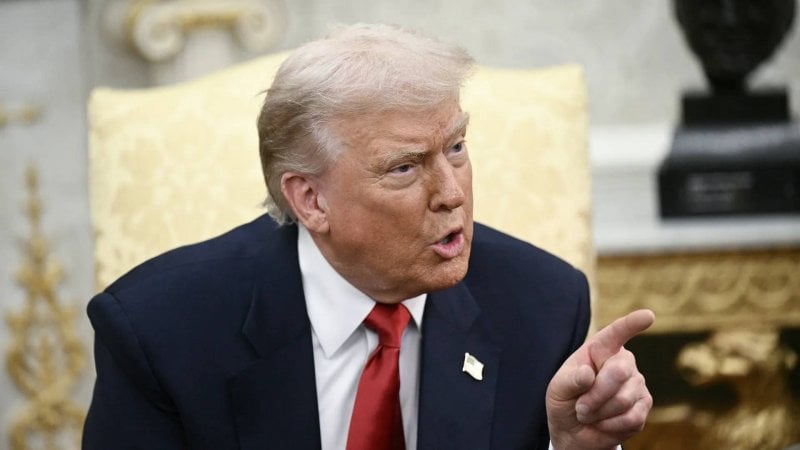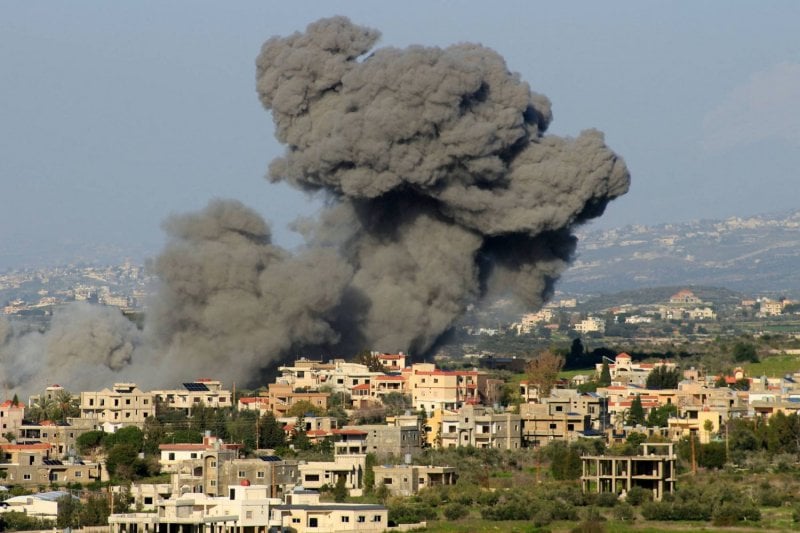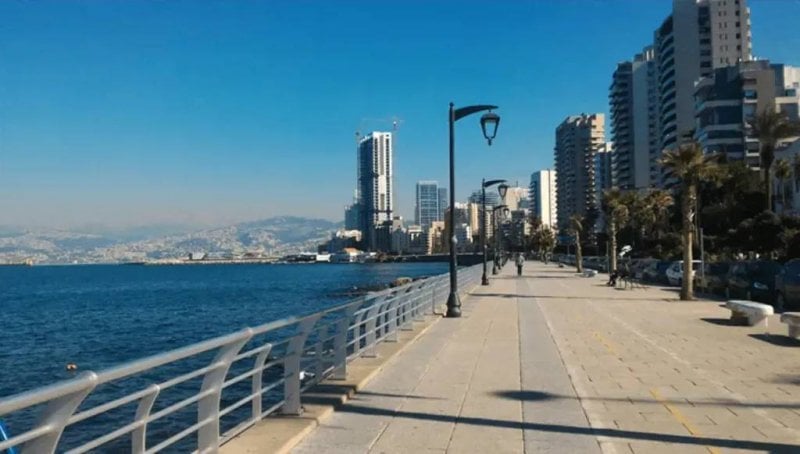
Franchising, or the commercial franchise system, is based on granting a company or person the right to use a successful trademark and a well-known product or service in exchange for certain fees or a percentage of profits. In other words, the trademark owner grants a “recipe for success” to another investor to manage the project with the same standards and quality, benefiting from the trademark’s reputation and experience.
This system provides companies with the possibility of rapid expansion and creates new job opportunities. It also represents a safe platform for entrepreneurs who want to launch their projects within a guaranteed framework instead of starting from scratch.
In an interview with “Sky News Arabia”, the head of the Lebanese Franchise Association, Yahya Kassaa, explained that this sector, despite the great difficulties it faced during the economic crisis, is still among the sectors most closely related to the Lebanese lifestyle.
Kassaa pointed out that Lebanon witnesses the emergence of about 70 new concepts in the franchise sector annually, which reflects the vitality of innovation and the spirit of initiative among the Lebanese.
He revealed that downtown Beirut is witnessing a remarkable return to life today, as it includes about 30 restaurants between franchisors or franchisees from abroad, with a 15% increase in new license applications, which indicates increasing confidence in the sector and its vitality.
He added that restaurants represent about 48% of the brands operating within the franchise, while the fashion and luxury goods sectors are witnessing steady growth, with 63 stores currently operating in this field and 51 new stores being prepared to open during 2025.
He explained that this activity is directly related to the return of movement to the markets of Beirut and the vicinity of Solidere, where the number of visitors and the opening of new stores and cafes are increasing, which enhances confidence in the future of the Lebanese market.
Kassaa said: “Today, we have purely Lebanese ideas that are competing with foreign brands, and this is evidence that the Lebanese still have the courage and creativity to reposition this vital sector.”
He pointed out that the number of direct and indirect jobs in the franchise sector currently amounts to about 80,000 jobs, expecting the number to rise to 100,000 in the next stage with the expansion of commercial activity, while the annual sales growth rate is between 10 and 15%, which reflects a partial recovery in economic activity.
Kassaa pointed out that Lebanon lost a number of trained talents who left during the crisis, “but a large number of them have recently begun to return, hoping that the security and economic situation will stabilize,” noting that the association is also following up on expansion opportunities in the Syrian market, which may constitute a natural area if the sanctions are finally lifted.

















